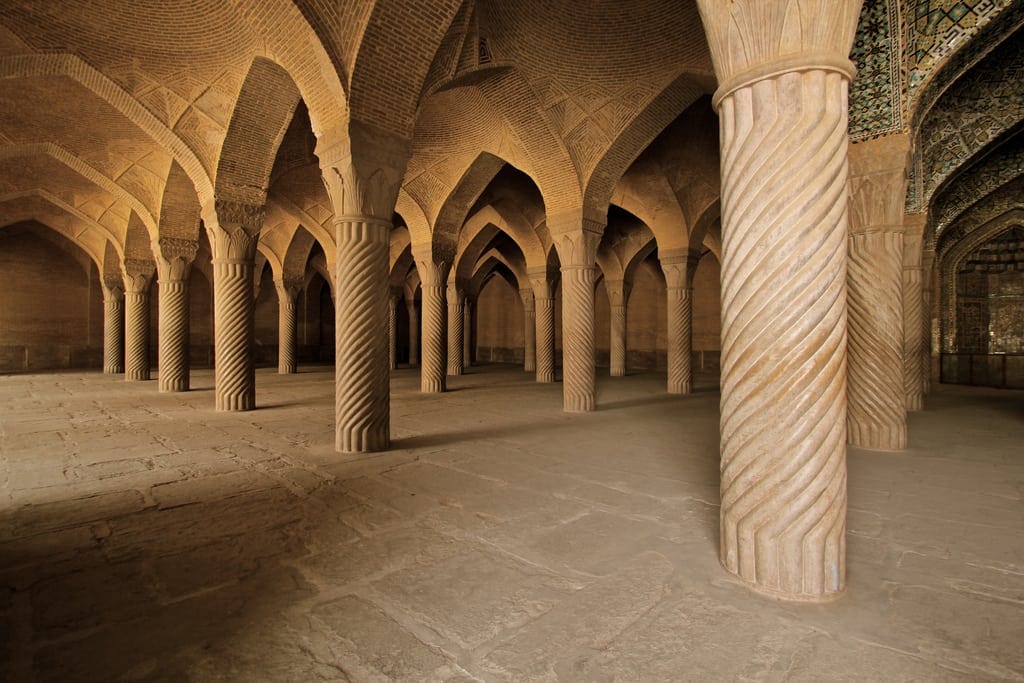How to Understand Abu Hanifa’s Words on Doubts in Fiqh al-Akbar?
Answered by Shaykh Faraz Rabbani
Question:
Could you explain the part in Al-Fiqh Al-Akbar where the Imam writes about when doubt arises, and it is not permissible to delay in inquiry? I was thinking about if disbelief was committed and a person didn’t read The Shahaadah straight away but made Dua first
Answer:
In the Name of Allah, the Merciful and Compassionate
walaikum assalam
I hope you’re doing well, insha’Allah. You’re not responsible for mere thoughts. The fact that you made dua is clear proof of your belief and certainty in Allah Most High. Be grateful for this.
The text from Imam Abu Hanifa (Allah have mercy upon him) refers to if one accepts the doubt and thereby rejects belief in Allah and the Messenger (peace and blessings be upon him). [Qari, Sharh al-Fiqh al-Akbar; Khadimi/Birgivi, al-Bariqa al-Muhammadiyya Sharh al-Tariqa al-Muhammadiyya]
Moral responsibility doesn’t relate to mere thoughts. Ignore doubts, and move on.
Renew faith through turning to Allah. If any doubt confuses you, seek clarification.
And Allah is the giver of success and facilitation.
[Shaykh] Faraz Rabbani
Shaykh Faraz Rabbani spent ten years studying with some of the leading scholars of recent times, first in Damascus and then in Amman, Jordan. His teachers include the foremost theologian of recent times in Damascus, the late Shaykh Adib al-Kallas (may Allah have mercy on him), as well as his student Shaykh Hassan al-Hindi, one of the leading Hanafi fuqaha of the present age. He returned to Canada in 2007, where he founded SeekersGuidance in order to meet the urgent need to spread Islamic knowledge–both online and on the ground–in a reliable, relevant, inspiring, and accessible manner. He is the author of Absolute Essentials of Islam: Faith, Prayer, and the Path of Salvation According to the Hanafi School (White Thread Press, 2004.) Since 2011, Shaykh Faraz has been named one of the 500 most influential Muslims by the Royal Islamic Strategic Studies Center
